Community of Learning
Learning for systems changes is critical when working with complexity, because of its dynamic nature. Here we hope to collectively develop the infrastructure to share systems-scale learning across organisational and sector boundaries.
Greater Manchester partners are not alone in making progress with efforts to use a whole-system approach to increasing physical activity.
In a complex system though, there is no silver bullet. There is no one person, organisation, city, or region with all the answers to this issue.
That's why there is a strong interest in sharing and collectively making sense of everyone's knowledge and learning and we will play our part by sharing the stories of our successes and failures.
The Theory
The dynamic nature of complex adaptive systems requires an ability to continually sense and learn from the system and adapt accordingly.
Find out more about two approaches to learning: explicit (articulated/documented knowledge) and dynamic (the process of learning through doing).
We need to continually learn because the nature of the challenge and ‘what works’ to meet the challenge is continually shifting (Lowe and Plimmer, 2019) and requires an ongoing process of iterative inquiry that draws upon wisdom and insights from across the system.
Such learning challenges traditional siloes of expertise and organisational boundaries (Clarke et al., 2019). Learning is not simply a nice to have. It is critical for greater impact and improved outcomes, particularly in mission-driven organisations and initiatives’ (Price et al., 2019).
Explicit Learning
An example of a write up of a recent Community of Learning for Community Investment Funds across a number of GM Moving partners can be found under the heading Community investment fund learnings.
As we gather more examples of these, you will find written content added to the resource bank that draws upon individual, group and system-wide learning.
Dynamic Learning
The activity of getting knowledge is a social process, it requires more than the exchange of existing knowledge or the latest and best practice.
To enable active interaction between individuals, to critically reflect and interpret knowledge for learning, open events around common topics enable spaces for such processes to happen.
Further details please contact
- Hazel Musgrove
Strategic Lead - Evidence and Evaluation at GM Moving - [email protected]
- 07712 675924
What's the fastest way to make change happen?
Source: Damon Centola
Through strong social ties...
The key accelerant for conversion to new ideas is social reinforcement: strong ties amongst people in groups and communities, even friends of friends, and across social groups. Close relationships are more important than extensive reach:
Strong social ties look like this: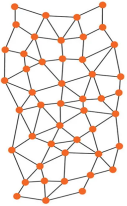
- Strong connections with each person linked up to friends of friends
- Trust and relationships
- A foundation of cooperation and solidarity
Weak social ties look like this:
- Long distance connections and relationships
- Information travels quickly but no persausion
...and wide inclusive bridge building
Lots of groups have some representation yet alone can't make an impact on a large scale. Bridges are tenuous connections between people in diverse social groups. By targeting 'wide bridges', even small bridges can build coalitions and co-ordinated actions to reach a critical mass.
Wide bridges look like this: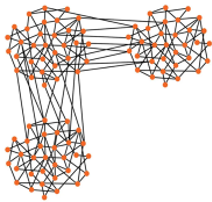
- True collaboration
- Multiple, overlapping connections
- Social reinforcement
Narrow bridges look like this: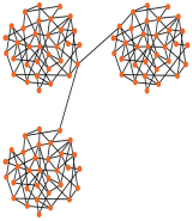
- Fastest way to spread information
Join a Community of Learning
There are numerous Communities of Learning across Greater Manchester, nationally and internationally, all of which focus on different topics and welcome different people.
Details of a few are available below. If you're running, or part of, a community of learning working towards active lives for all which is not featured below, let us know.
Greater Manchester
National
-
Local Pilot - National Evaluation and Learning Partner
- Climate Change (contact: Nicki at Active Partnerships)
- Menopause
- A series of communities of practice are also available via Active Partnerships Hub (Active Partnership staff)
International
Community investment fund learnings
Walking City Region Learning Event Presentation
Latest News
All News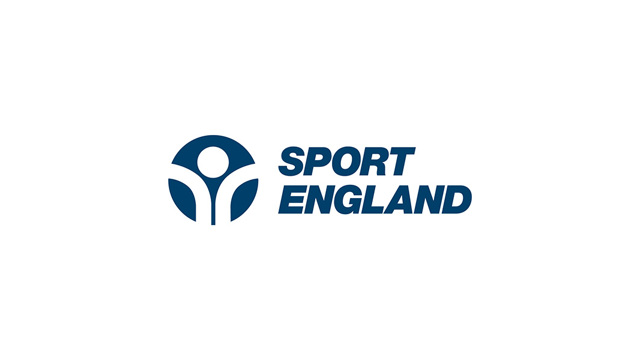
Children's activity levels hold firm but significant challenges remain
Sport England have today released their Active Lives Children and Young People data.
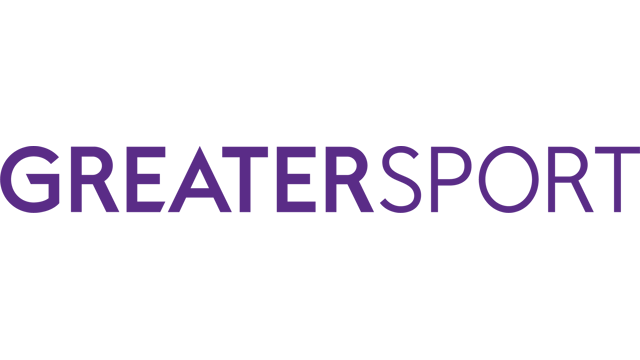
Children’s activity levels in Greater Manchester recover beyond pre-pandemic levels
Sport England have today released their Active Lives Children and Young People data.
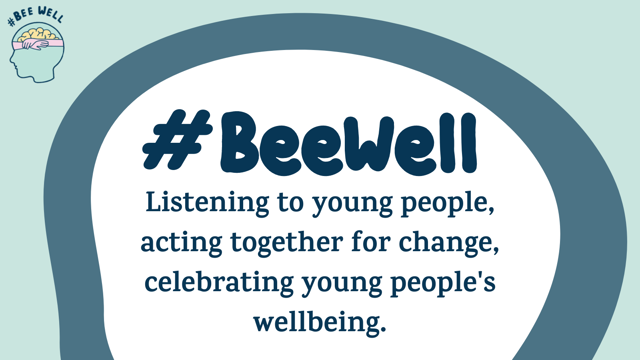
New Education Policy Institute report on #BeeWell data and neighbourhood characteristics
The Education Policy Institute report looks at the correlation between #BeeWell data and neighbourhood characteristics in relation to the wellbeing of young people.
